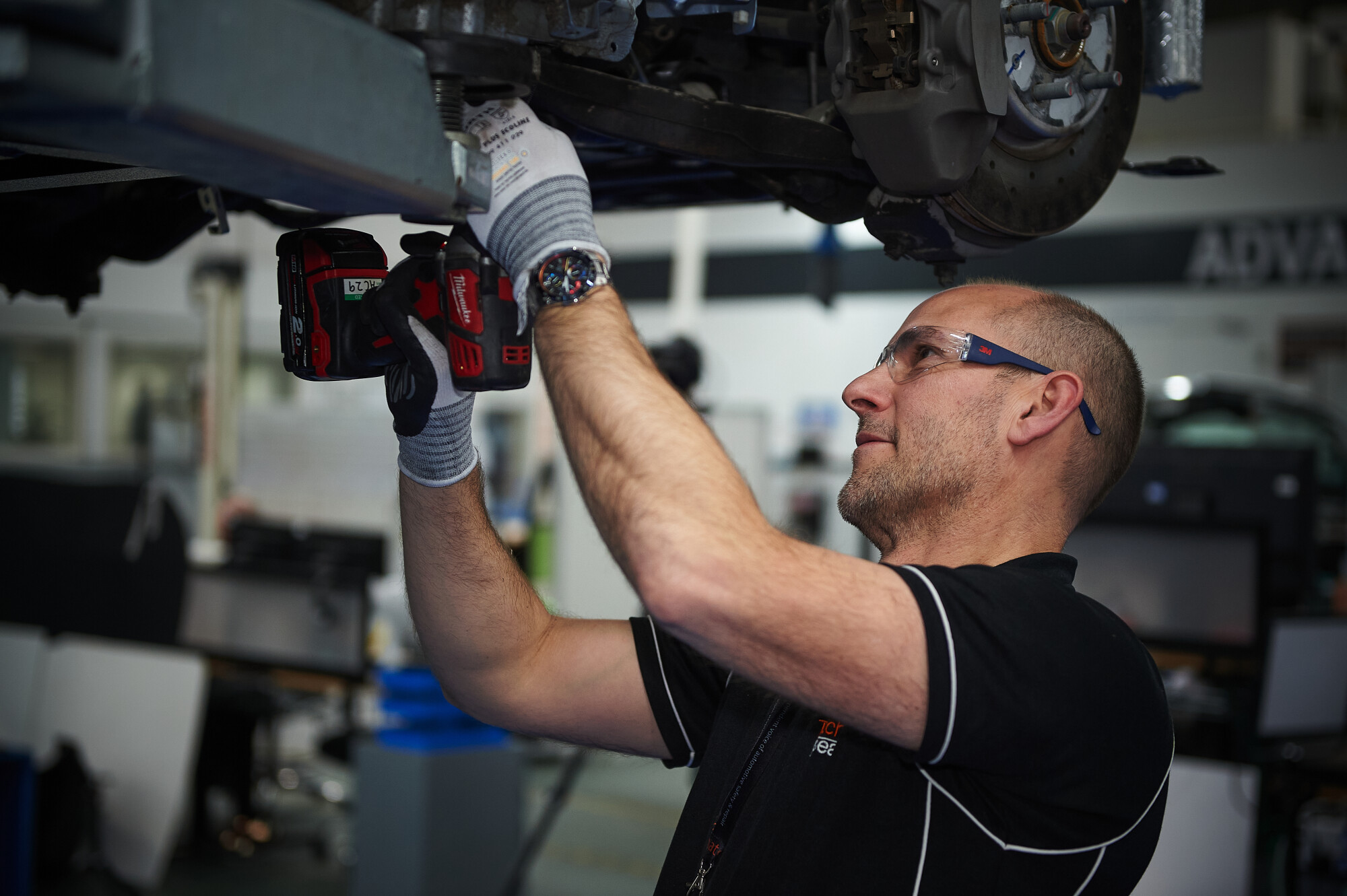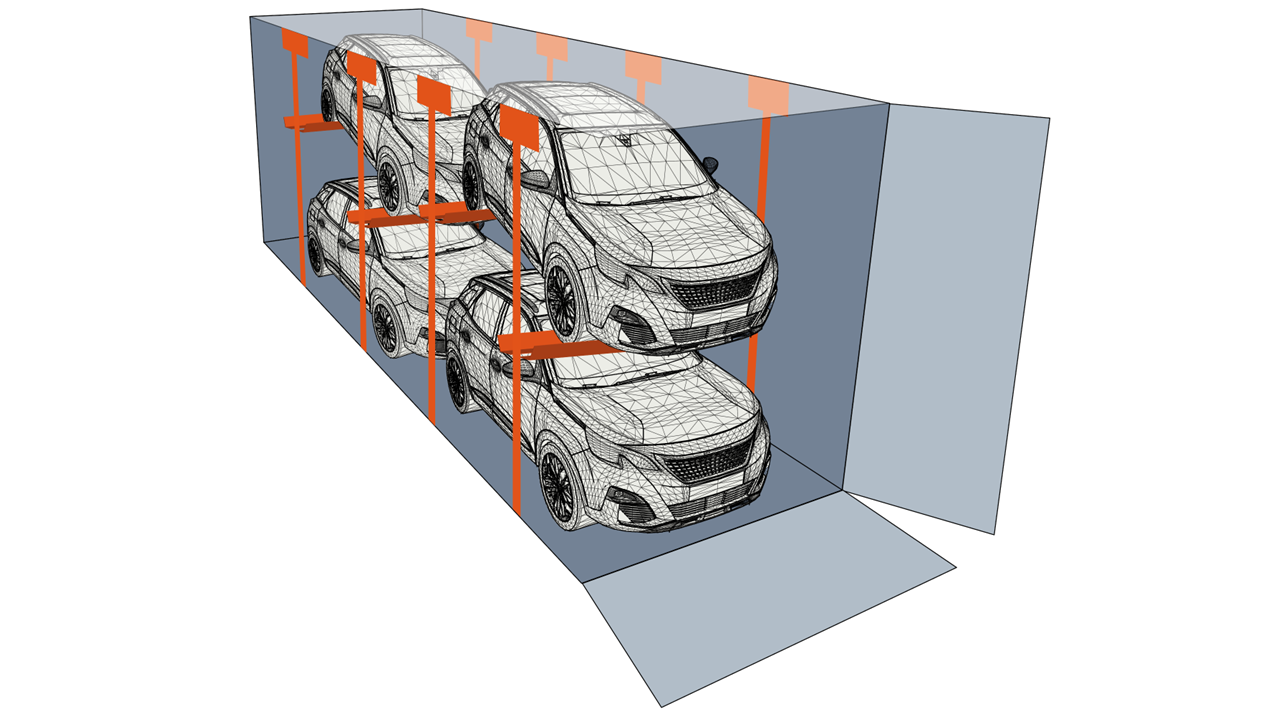
- Thatcham Research sets out seven key areas the Government should address
- These include the automotive skills crisis, sustainable adoption of automated and electric vehicles, and increasing rates of vehicle theft
- Focusing on these would help address the root causes of high rates of car insurance
Thatcham Research, the UK’s only not-for-profit automotive risk intelligence company, is asking the new Government to address seven key areas of concern within the automotive sector.
Jonathan Hewett, Chief Executive at Thatcham Research, said: "The UK’s automotive industry faces a number of challenges which the new Government must resolve if it is to deliver safe, secure and sustainable mobility.
"This includes high rates of car insurance, the sustainable adoption of automated and electric vehicles onto our roads, and stubbornly high numbers of road deaths.
"Thatcham Research is calling on the new Government to address seven key issues which range from the ongoing auto repair skills crisis to vehicle theft.
"We stand ready to support the Government in providing solutions to these issues, utilising more than 55 years of automotive risk intelligence to turn challenges into opportunities."
Repair
Skills crisis
- The UK repair industry is in the midst of an ongoing skills crisis, resulting from an ageing workforce and a lack of investment in apprenticeships to drive the skills required to return modern, high-tech vehicles to the road safely and efficiently
- The Government, in collaboration with Skills England and IfATE, should raise apprenticeship funding caps to help ease this ongoing crisis and enable businesses to train the next generation of skilled workers
Net Zero ambitions
- For Electric Vehicles (EVs) to be sustainably adopted in the UK, there must not only be enough trained technicians to repair them, but the vehicles must be designed to accommodate repairs
- Thatcham Research is committed to utilising automotive risk intelligence generated in our research facilities by skilled engineers and data analysts to work with vehicle manufacturers so that new vehicles are easier to repair and therefore less costly to insure
- Government must also ensure that EV batteries can be repaired or recycled so that more value is returned from them. A standardised means of understanding battery condition and subsequent repair options is key to limiting waste and vehicles being written off prematurely
Safety
Safe adoption of Automated Vehicles
- The recent Automated Vehicles Act 2024 represents an exciting step towards the adoption of these vehicles within the UK, but there are several insurance questions which remain unanswered
- Three of the four key asks in Thatcham Research’s Insurer Requirements for Automated Vehicles report are linked to the safety of these vehicles
- As detailed in the report, automated and assisted vehicle manufacturers must ensure that insurers have access to crash data – a crucial step in maintaining manageable insurance rates
- The report also requests that manufacturers be transparent about the functionality, authorisation requirements, and operational limits of their systems in order to boost driver acceptance of this technology
- Government must ensure that secondary legislation addresses these points otherwise widespread AV adoption will be restricted
Reducing road deaths
- More than 30,000 people are killed or seriously injured on UK roads each year[1], reducing this number must be a priority for the Government
- Thatcham Research joins 32 other organisations as co-signatories of the PACTS Manifesto for Road Safety 2024 which aims to reduce UK road deaths
- The manifesto intends to develop a National Road Safety Strategy focusing on prevention, protection, and post-collision response
- It will also seek to introduce a graduated driving licence to support young drivers by limiting high-risk driving situations, a proven approach in other countries
- Government must consider the PACTS recommendations and take proactive steps to address road deaths
- It is also crucial for the Government to continue working alongside Euro NCAP to ensure the UK aligns with the high standards of automotive safety embraced across Europe
Adoption of General Safety Regulation 2 (GSR2)
- New vehicles sold in the EU must now be GSR2-compliant, and while the UK is no longer in the EU, this will still affect vehicles sold here
- GSR2 mandates an array of safety technology to make cars safer across Europe, but the widespread introduction of this technology will be challenging for bodyshops to address. Therefore, there must also be more trained technicians ready to repair these vehicles
- Government should also sign up to this EU directive, signalling its intent to maintain the UK’s position as a world leader in automotive safety and educate drivers on the safe use of current and future assisted driving technologies
Security
Vehicle crime
- Despite the best efforts of vehicle manufacturers to close security vulnerabilities and the fact that the UK enjoys the highest baseline security standards in the world, urgent investment to deter criminal gangs is required
- While Thatcham Research welcomed previous Government-proposed penalties on the sale and possession of theft devices, steps must be taken to disrupt organised criminal gangs and the ease at which they can profit from stolen vehicles
- Dynamic responses from manufacturers to emerging vulnerabilities are a vital aspect of mitigating theft risk, however, the focus should also be on addressing the root cause of vehicle theft
- Thatcham Research is investigating theft pathways within the UK which could help Government in identifying gang methodologies and approaches
Cybersecurity for Connected Vehicles:
- New and existing vehicles continue to be highly connected; it is crucial that they are not vulnerable to malicious cyber events and are fitted with mitigating technology as standard
- This is especially important in preventing theft or use in terror attacks, with research funding required to investigate cyber vulnerabilities
- Government can mitigate this risk by utilising secondary legislation to the Automated Vehicles Act 2024 to mandate AVs to be designed, developed, and maintained to minimise the vulnerabilities and the consequences of cyber intrusion
- Government can also utilise the opportunities within GB Type Approval to specify requirements tailored to the UK, ensuring safe, secure and sustainable vehicles
By addressing the points detailed above, the Government can take significant steps to improve the motoring landscape in the UK.
This includes addressing car insurance costs, providing greater opportunities for young people to pursue careers in this sector, reducing road deaths, limiting car thefts, and supporting the sustainable adoption of automated and electric vehicles.








